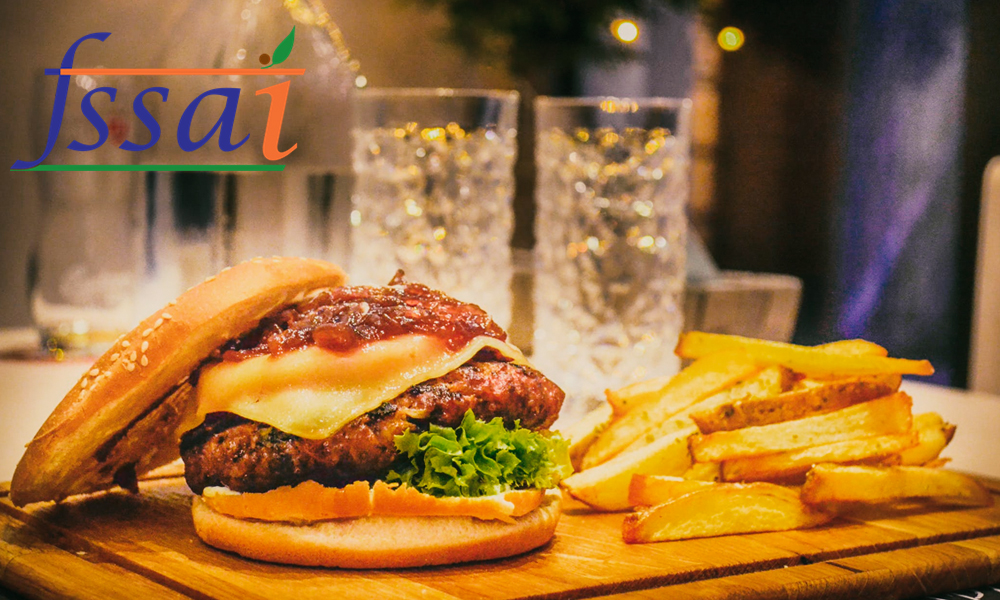
'Great Move': Doctors Hail FSSAI's Decision To Limit Trans Fat Levels To 3% In Foods
Writer: Rakshitha R
Rakshitha an engineer turned passionate journalist with an inclination for poetry, creative writing, movies, fiction, mountains and seclusion. Not a part of the social process but existential.
India, 4 Jan 2021 1:29 PM GMT | Updated 4 Jan 2021 1:36 PM GMT
Editor : Shubhendu Deshmukh |
Shubhendu, the quint essential news junky, the man who loves science and politics in equal measure and offers the complete contrast to it by being a fan of urdu poetry as well.
Creatives : Abhishek M
" An engineer by profession, Abhishek is the creative producer of the team, graphic designing is his passion and travelling his get away. In more ways than one, he makes the content visually appealing."
The revised regulation applies to edible refined oils, vanaspati (partially hydrogenated oils), margarine, bakery shortenings, and other mediums of cooking such as vegetable fat spreads and mixed fat spreads.
Food Safety and Standards Authority of India (FSSAI) has lowered the limit of trans fatty acids (artificial trans fats) to 3 per cent against the present 5 per cent in oils and fats.
The apex food regulator has capped the number of trans fatty acids (TFA) in oils and fats to 3 per cent for 2021 and 2 per cent by 2022 from the current permissible limit of 5 per cent through an amendment to the Food Safety and Standards (Prohibition and Restriction on Sales) Regulations.
The revised regulation applies to edible refined oils, vanaspati (partially hydrogenated oils), margarine, bakery shortenings, and other mediums of cooking such as vegetable fat spreads and mixed fat spreads.
Several doctors have called it a "great move". Dr Ranjan Shetty, Chief of Cardiology at Manipal Hospitals said the trans fats are always bad fats. "Our diet should be devoid of trans fats. There would have been no harm at all had the limit been brought down to zero per cent altogether by the government. But anyway, some reduction in trans fat in food items was indeed necessary," he said.
Milk and meat products, for instance, have naturally-occurring trans fats. But the artificial trans fats (or trans fatty acids) are generated in food items during an industrial process that adds hydrogen to liquid vegetable oils to make them more solid.
Usually, their presence is indicated on food labels, expressed as trans fats per serving or as 'partially hydrogenated oils'.
"The artificial trans fats are found in several food items like doughnuts, cakes, biscuits, pizzas and cookies that youngsters crave for. High intake of trans fats through these items may lead to heart-related ailments among youth," cautioned Dr C N Manjunath, Director of Jayadeva Institute of Cardiovascular Sciences and Research.
"The FSSAI rule comes at the time of a pandemic where the burden of non-communicable diseases has risen. Cardiovascular diseases along with diabetes are proving fatal for COVID-19 patients," said Ashim Sanyal, Chief Operating Officer of Consumer VOICE, adding that the regulation must not be restricted to oils and fats, but must apply to all foods, reported The Hindu.
"Hopefully, FSSAI will address this as well before January 2022 to eliminate chemical trans-fatty acids from the Indian platter," added Ashim Sanyal.
Also Read: Registration, Eligibility, Procedure: All You Need To Know About COVID-19 Vaccination Process
 All section
All section














